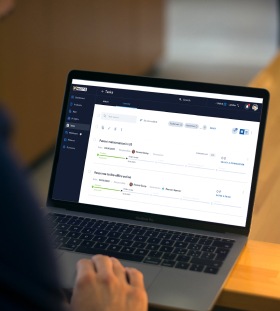Patent Maintenance in Germany
After being granted a patent, it's crucial to maintain it by paying annual maintenance fees. Failure to do so could result in the patent lapsing and loss of protection for the invention


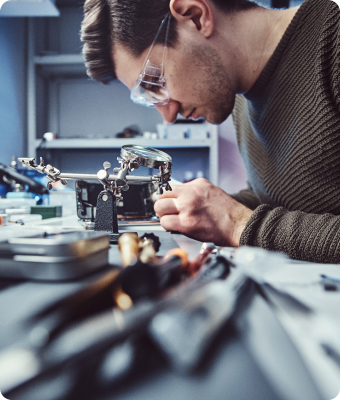
After being granted a patent, it's crucial to maintain it by paying annual maintenance fees. Failure to do so could result in the patent lapsing and loss of protection for the invention







-
An AI-powered IP assistant that helps you create a detailed assignment within minutes.
-
Selection of the most suitable local patent attorney based on specific criteria.
-
Preparing the documents for patent maintenance and handling government fees.
-
Online monitoring and reporting on the platform throughout the entire process.

-

More than 800 IP law firms from 150+ countries, ranking and reviews
-

An AI-powered IP assistant that helps create tasks and find relevant attorneys
-

Flat fees, secure and fast online payments with guaranteed results
-

24/7 access to the registration process and online data storage for all your cases
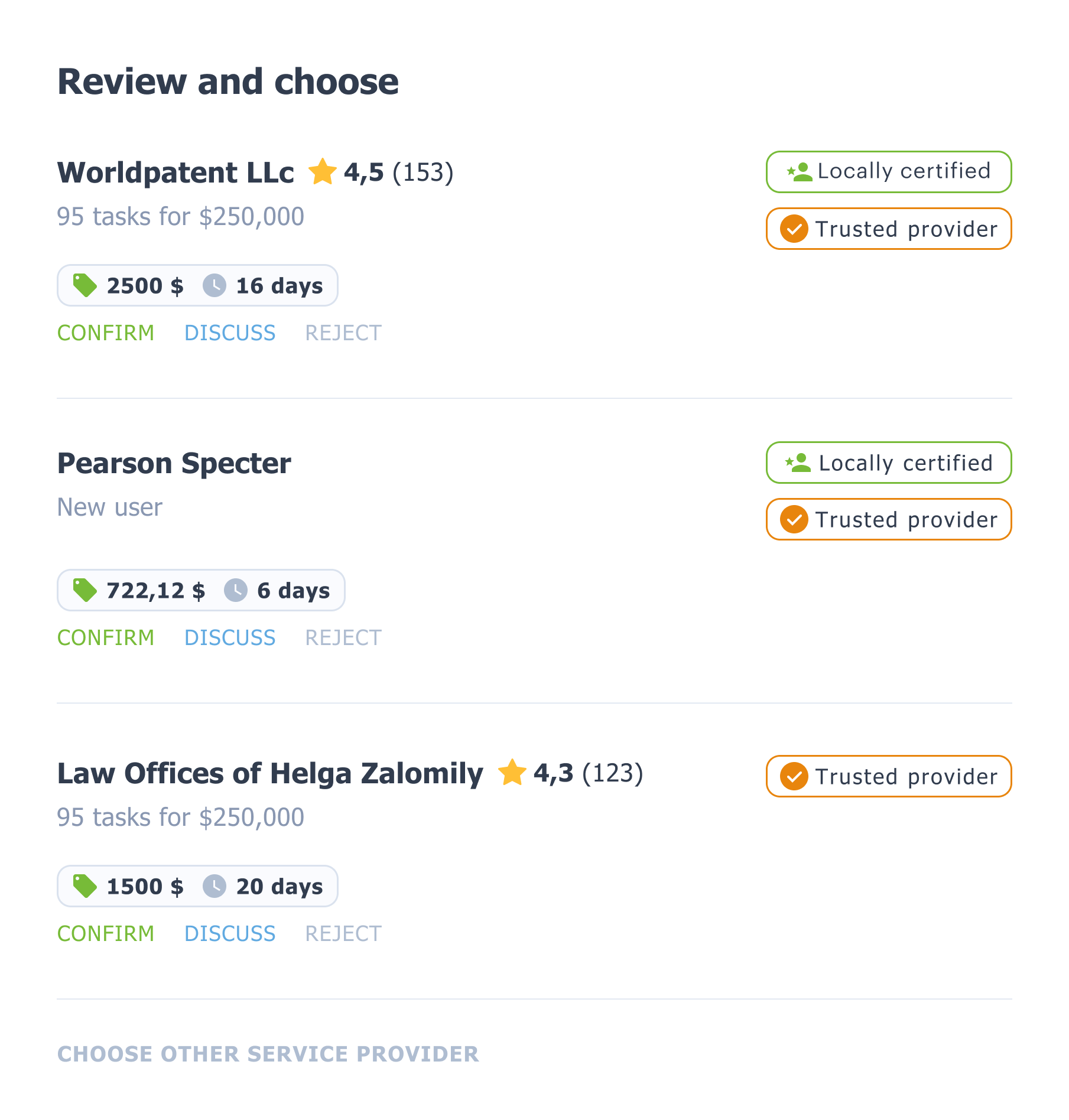
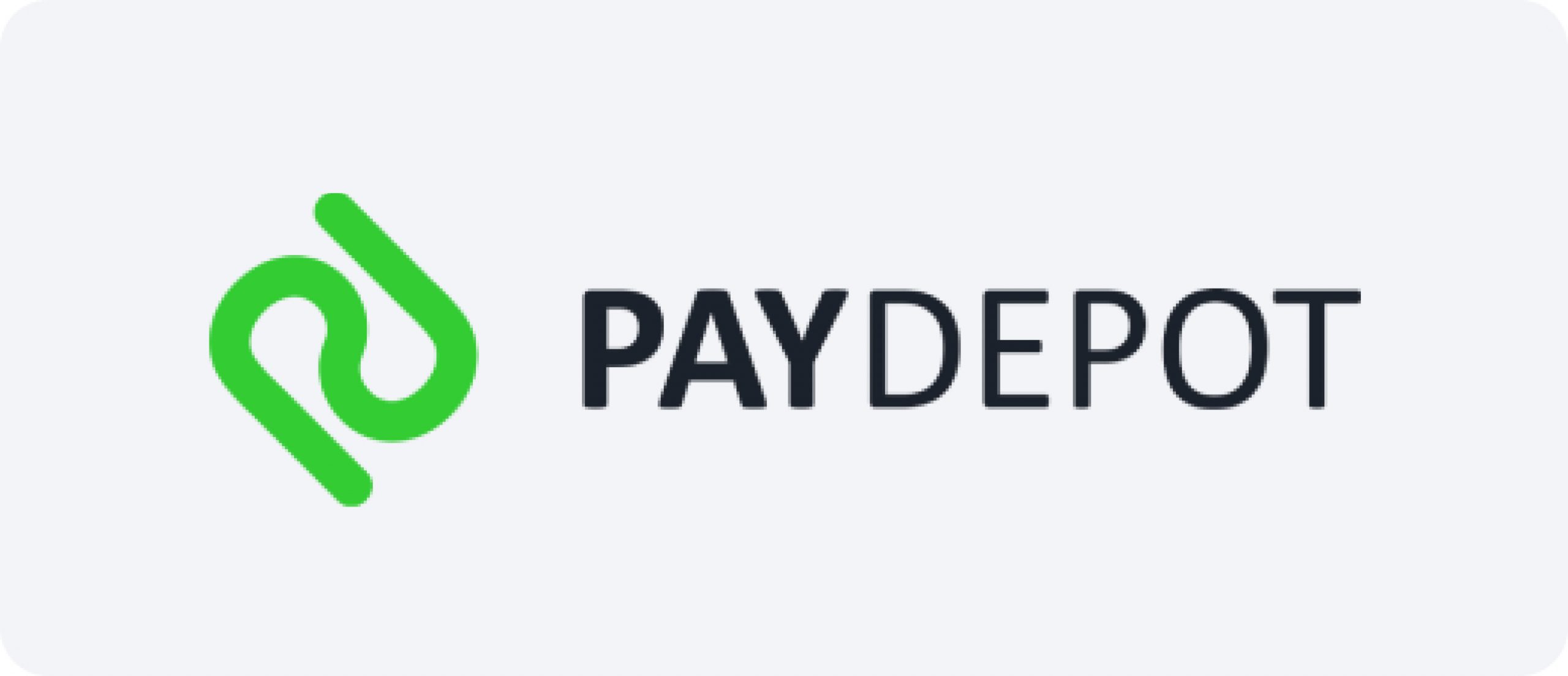


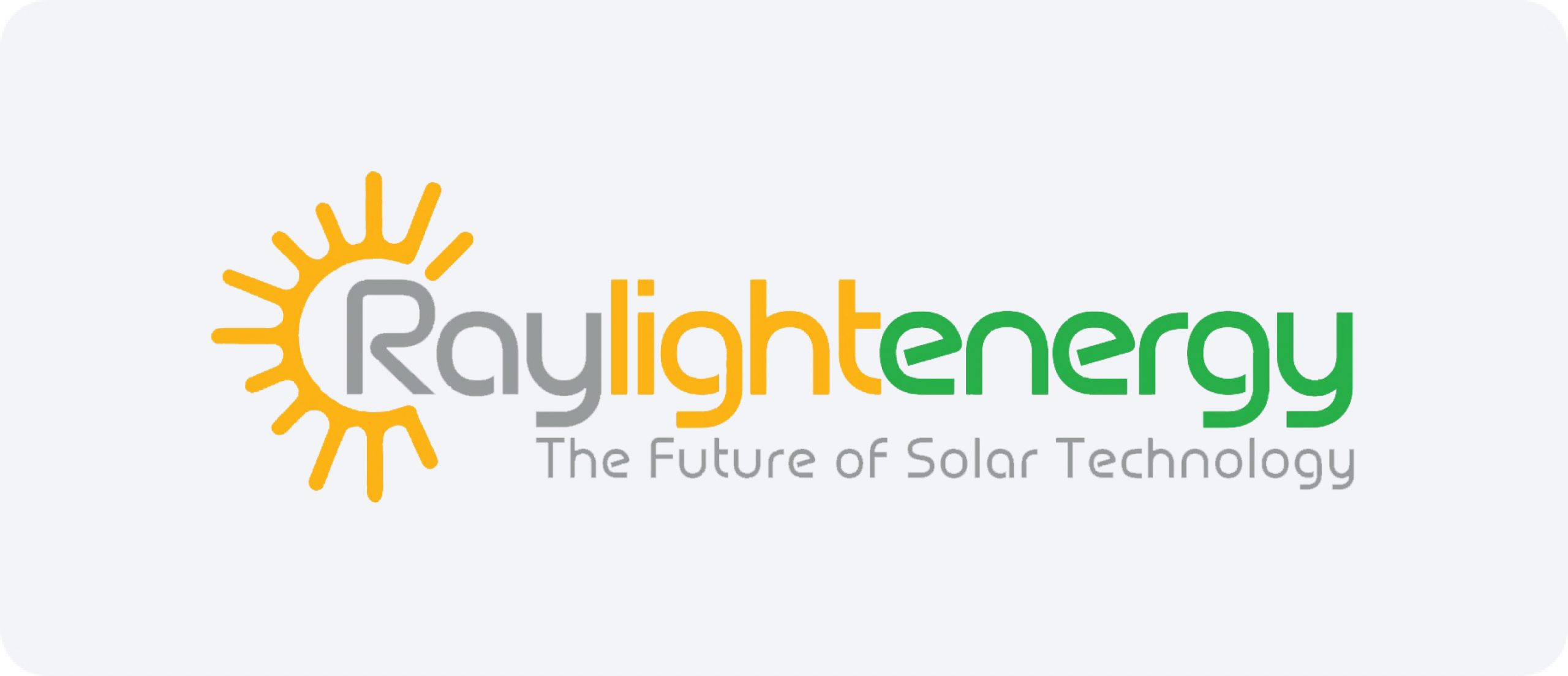






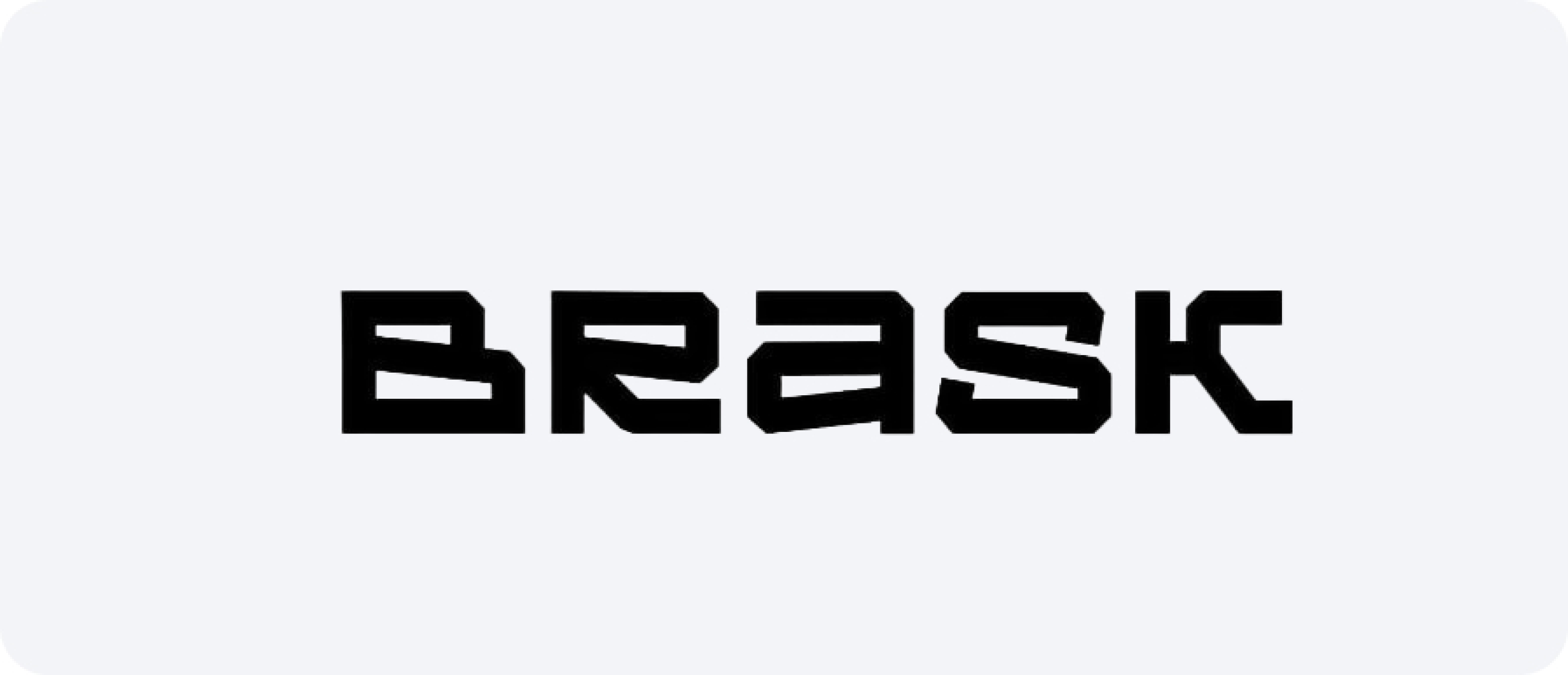

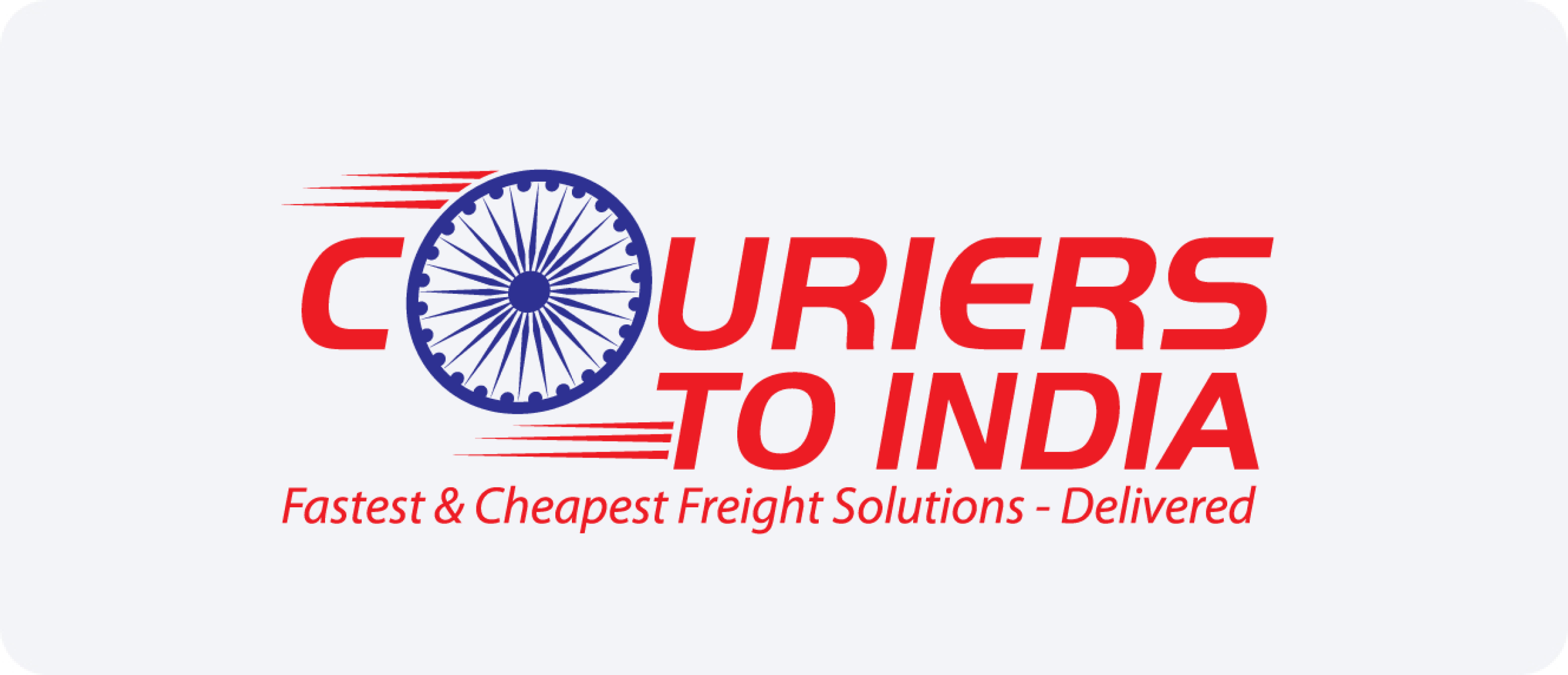
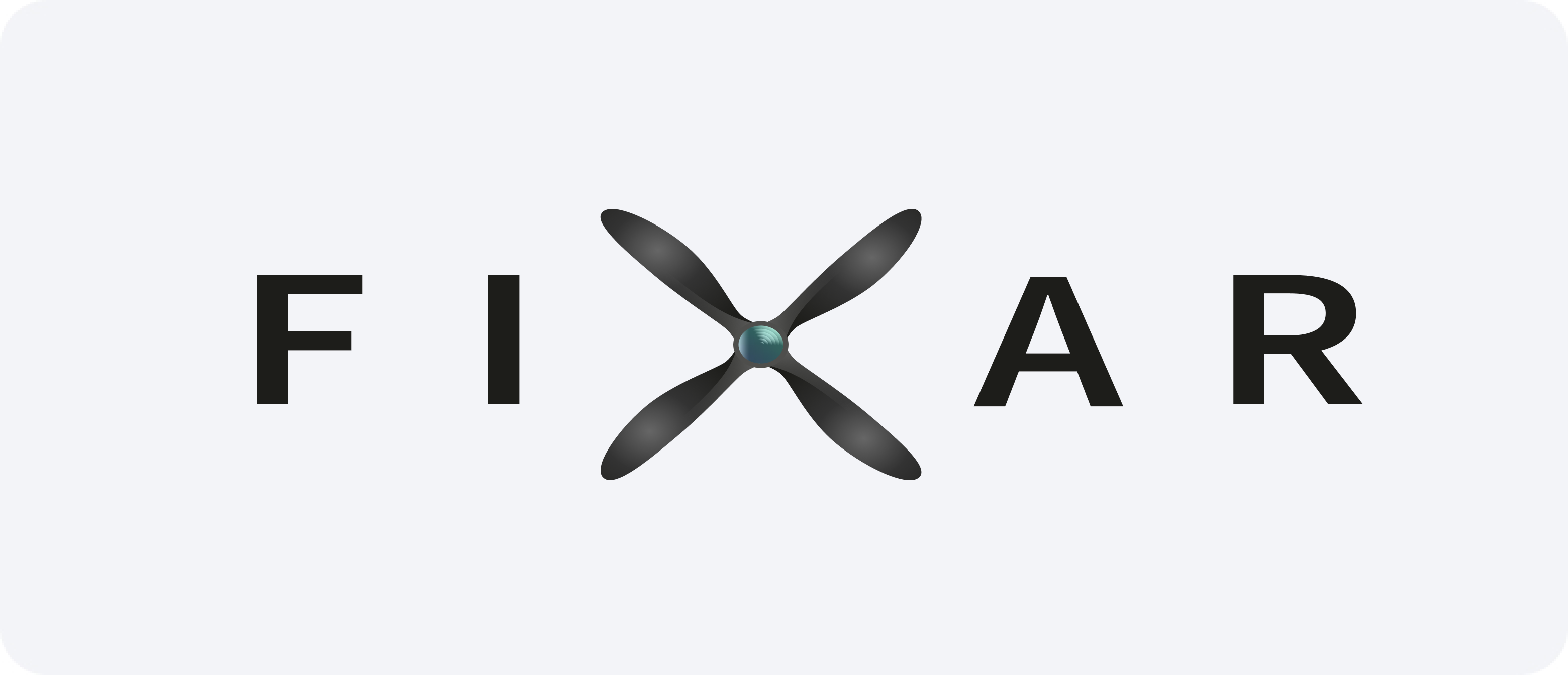

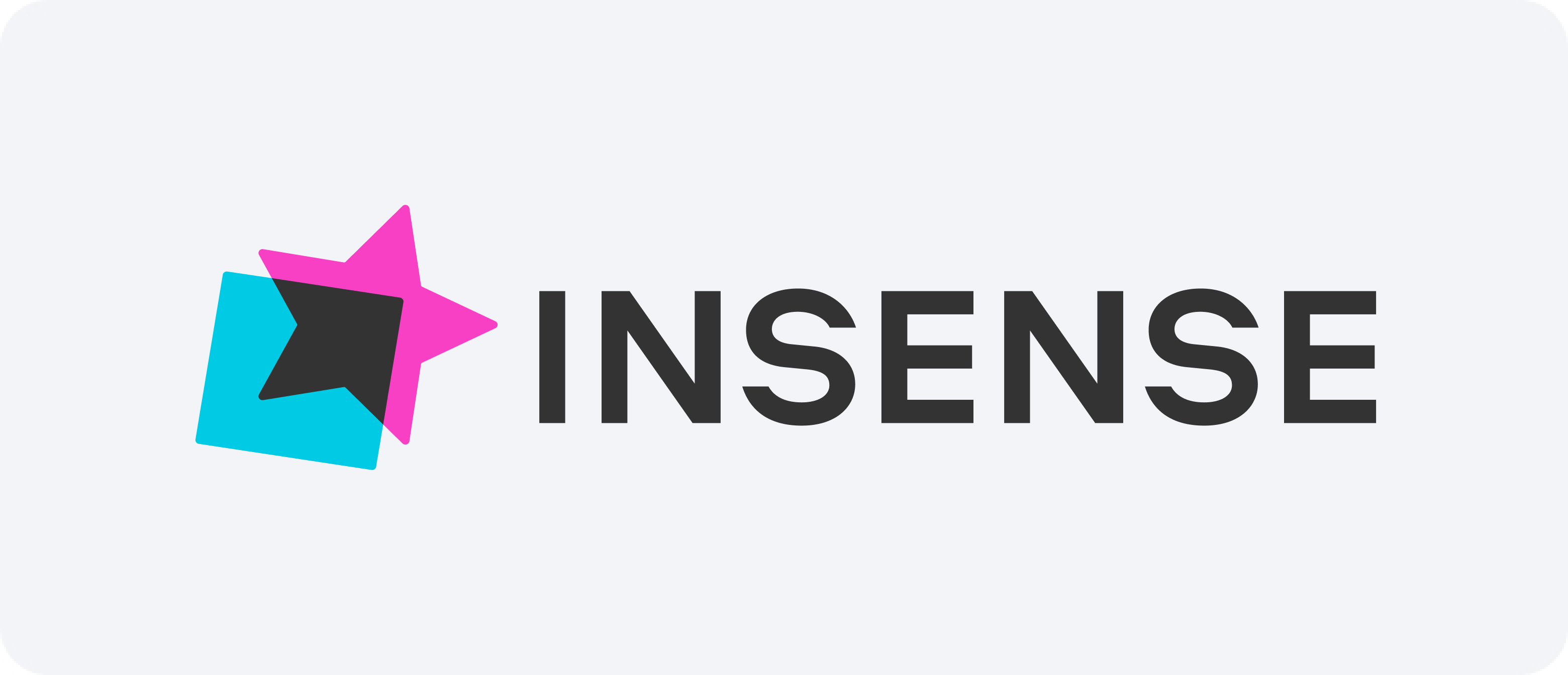
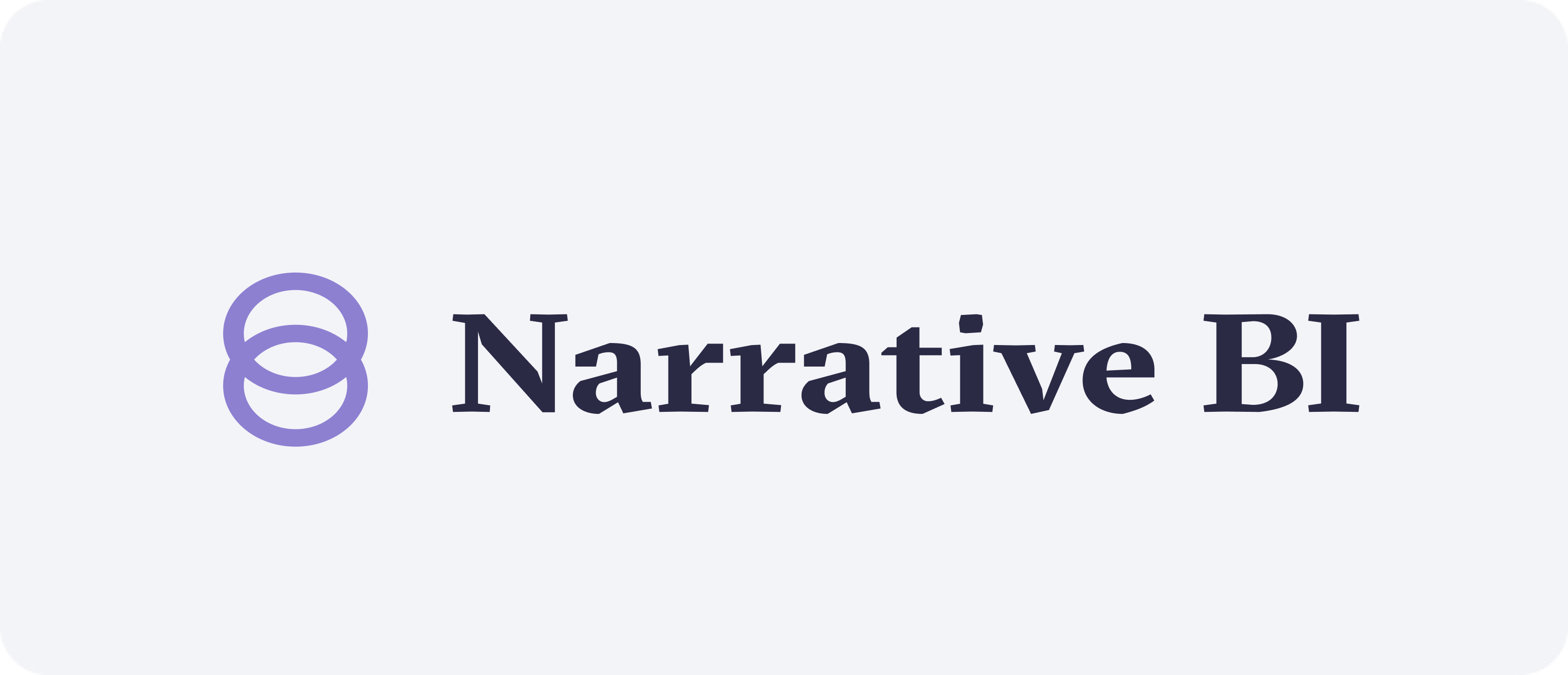
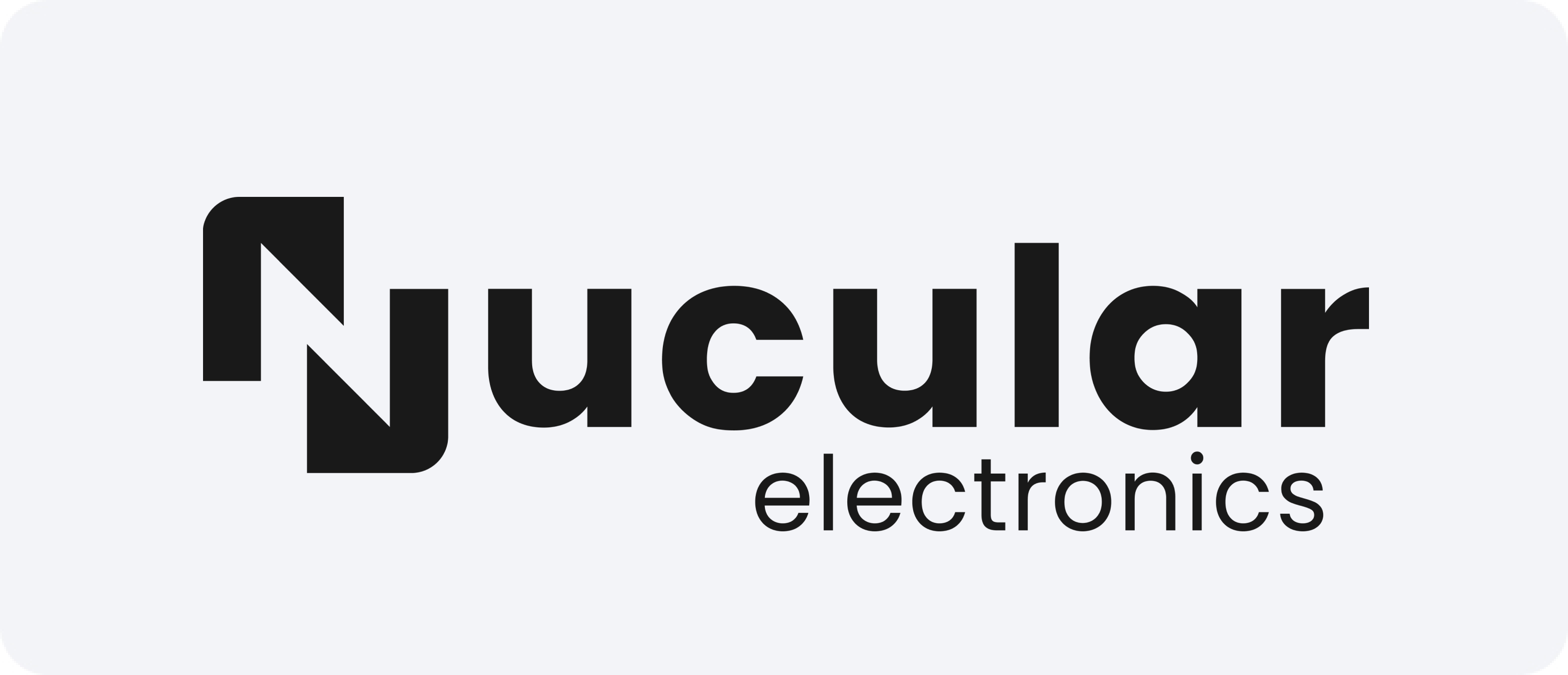

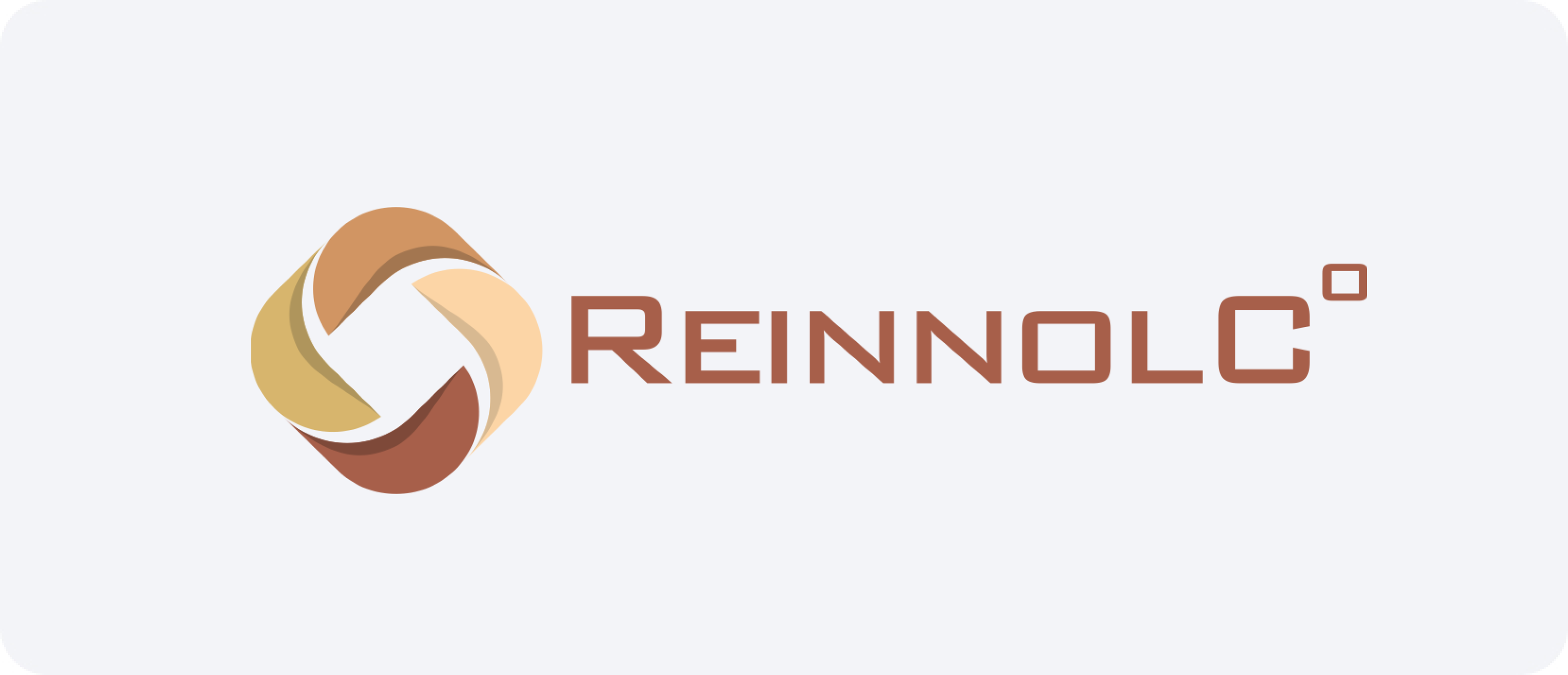
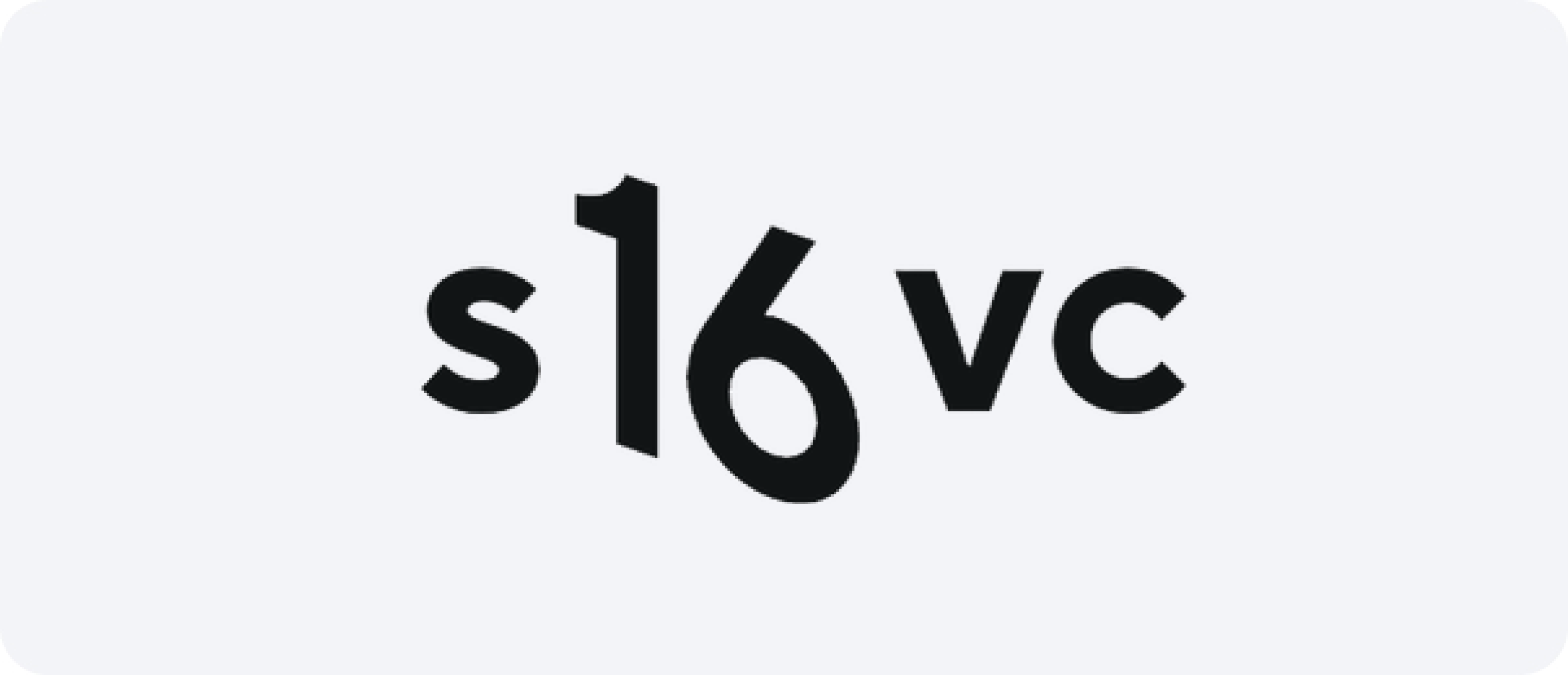
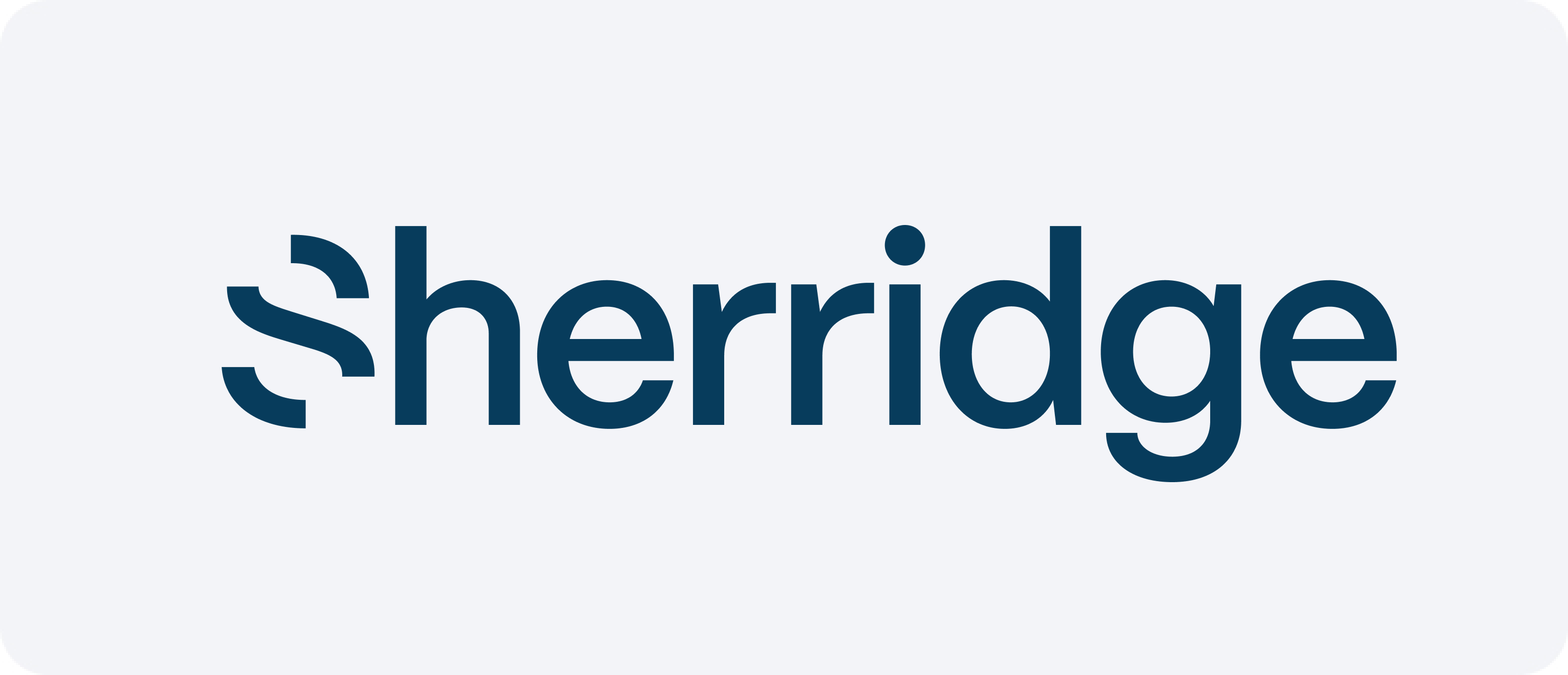
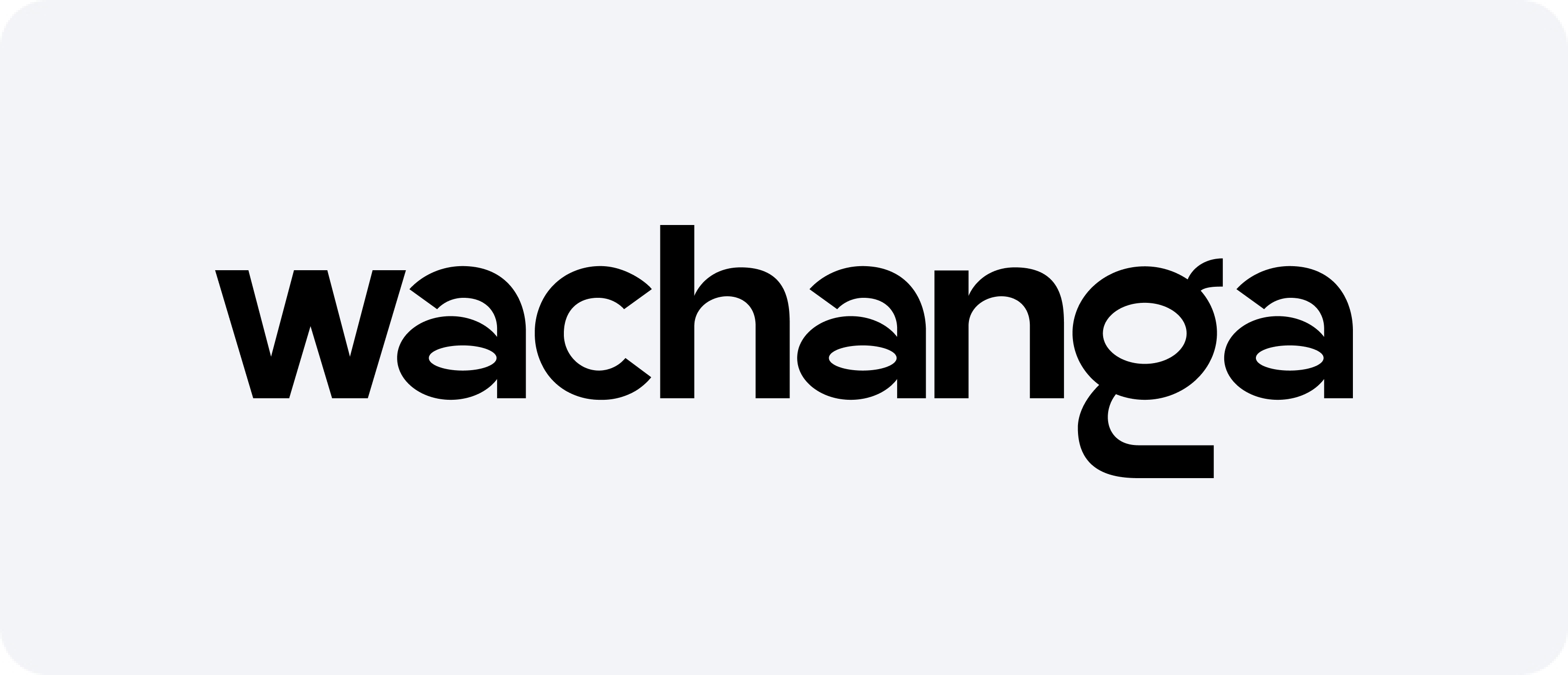
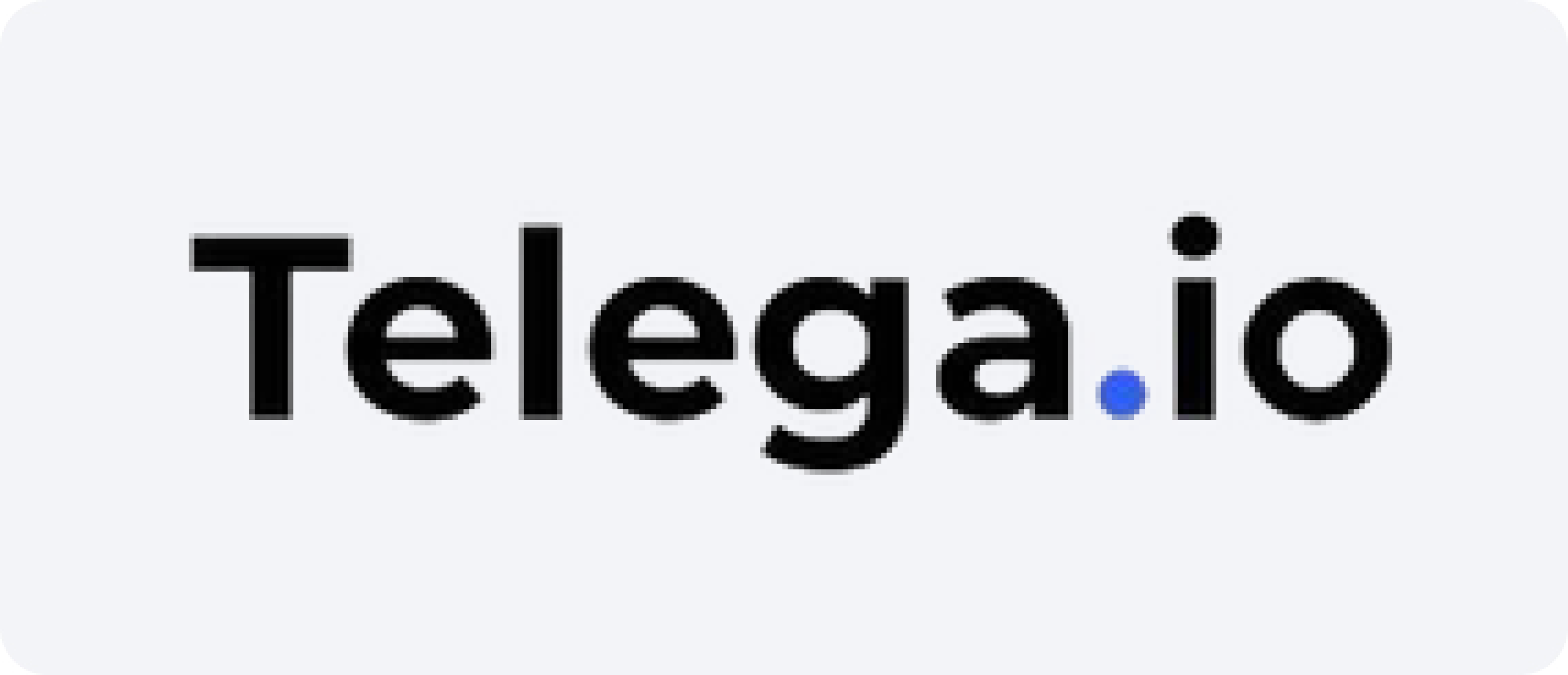
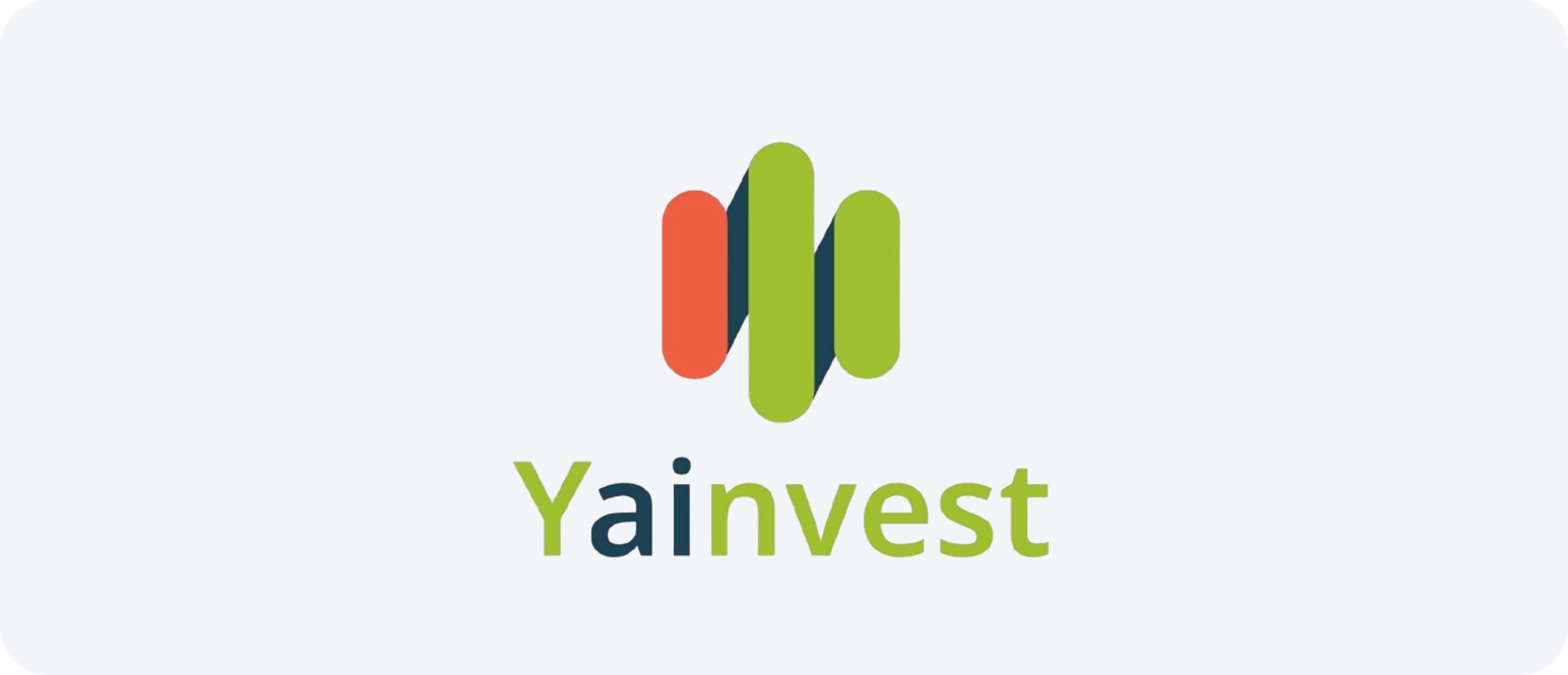
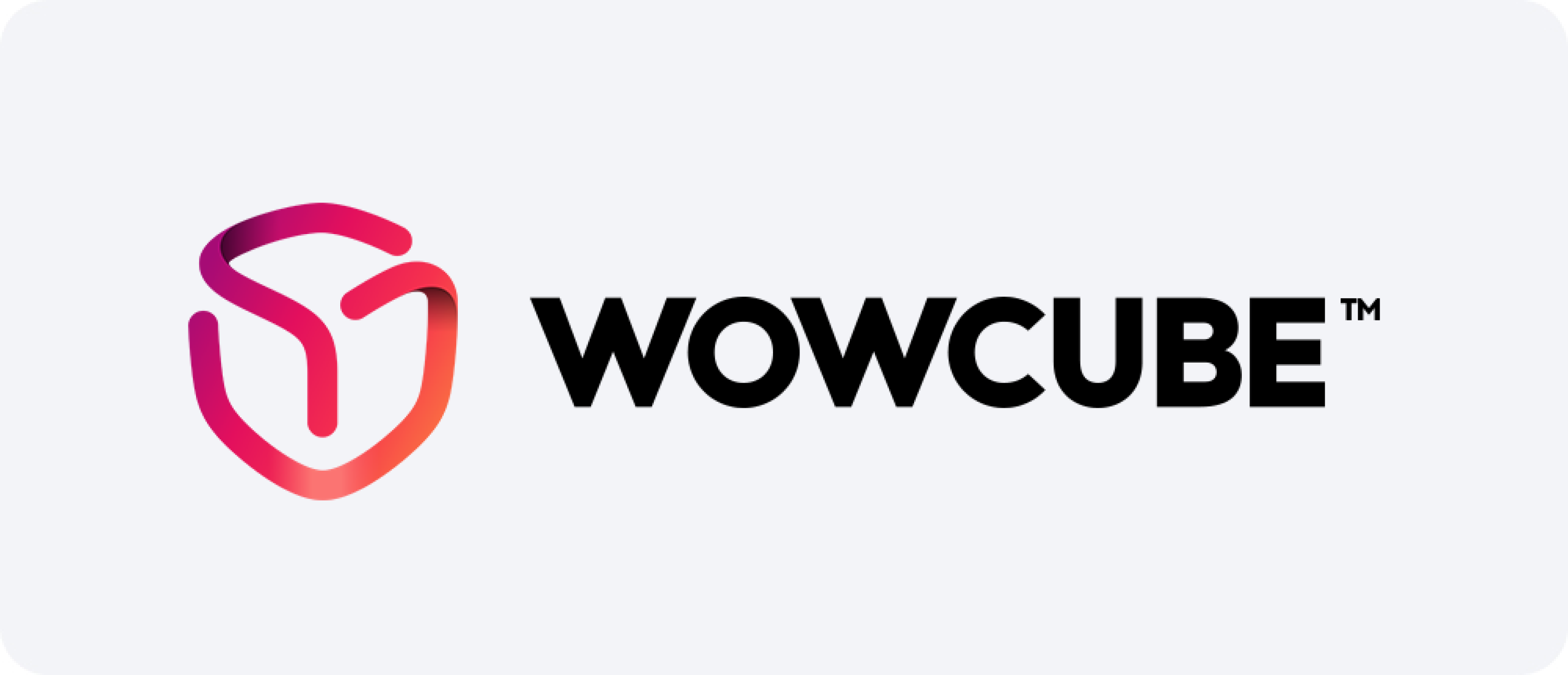







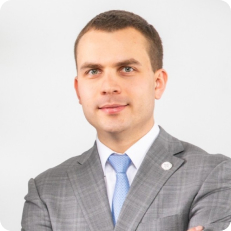




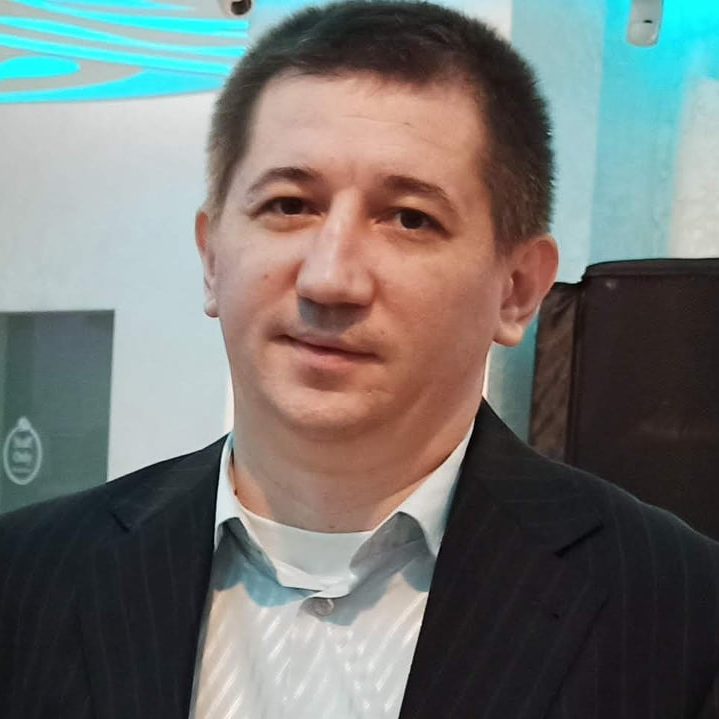

Patent Renewal and Maintenance in Germany: Key Aspects of IP Protection
Ensuring continuous protection of an invention requires timely action—especially in a country like Germany, known for its robust intellectual property framework. Patent renewal is a structured process designed to keep exclusive rights enforceable and valid over their 20-year life span. This procedure is not automatic, and failure to follow the right steps may result in the lapse of IP rights, leaving inventions vulnerable to unlicensed use.
To maintain a German invention effectively, rights holders must understand the local rules, deadlines, and strategic options available. Whether you are an individual inventor, a startup, or a large corporation, proper management of IP maintenance obligations is essential to preserving your competitive edge.
Understanding the German Patent Renewal Framework
Germany follows a fixed schedule for patent validity extension starting from the third year after the application date. Rights holders are required to pay a maintenance fee every year to keep legal protection in force. The amount increases progressively, making long-term planning vital, especially for assets still in the R&D or commercialization stage.
These fees are due on the last day of the month in which the application was originally filed. A six-month grace period is provided for late payment with a surcharge, but neglecting to act within this window will result in irrevocable expiration.
Legal and Financial Aspects of Patent Maintenance
The expense of IP maintenance is influenced by the increasing pricing structure and strategic decisions regarding which innovations to support. The decision to renew should consider the commercial relevance of the invention, its current market application, and potential licensing opportunities.
Many rights holders opt to use a specialized firm to assist with these decisions. These providers offer tools and expert advice to streamline the administration of intellectual property portfolios, ensuring timely compliance and cost-efficiency. With increasing international registrations, outsourcing this task has become an industry standard.
For those managing their extensions independently, the Intellectual Property and Trademark Office (DPMA) provides comprehensive guidance and digital tools for cost estimation and payment processing.
Key Points to Remember About Patent Maintenance in Germany
To navigate the system efficiently, consider the following checklist:
1. IP right continuation starts from the third year after filing.
2. Charges escalate yearly; plan your annuity strategy early.
3. Set calendar reminders for payment deadlines.
4. Take advantage of the six-month grace period if needed.
5. Use professional service firms for large portfolios.
6. Always assess a protected invention’s business value before extending rights.
7. Make all transactions through secure online platforms.
8. Understand local rules—German laws differ from other EU countries.
9. Monitor DPMA updates regularly for policy changes.
10. Ensure internal IP team or external counsel reviews renewals annually.
Strategic Patent Renewal: Beyond Compliance
Extending protection is not just about fulfilling a legal obligation—it’s a strategic move. Companies often review entire portfolios to determine which assets are worth the ongoing investment. This process allows organizations to allocate resources more effectively, focusing on innovations that align with core business objectives.
From startups to established multinationals, handling extensions proactively can lead to significant competitive advantages. Regular audits and working with experienced IP advisors help ensure innovations remain not only valid but valuable.
Conclusion
Maintaining exclusive rights requires diligence, planning, and strategic foresight. Whether through internal processes or with the help of external experts, staying on top of your patent renewal obligations ensures you get the full benefit of your intellectual property rights. As innovation accelerates across all sectors, maintaining strong IP protection in key jurisdictions like Germany is more important than ever.
